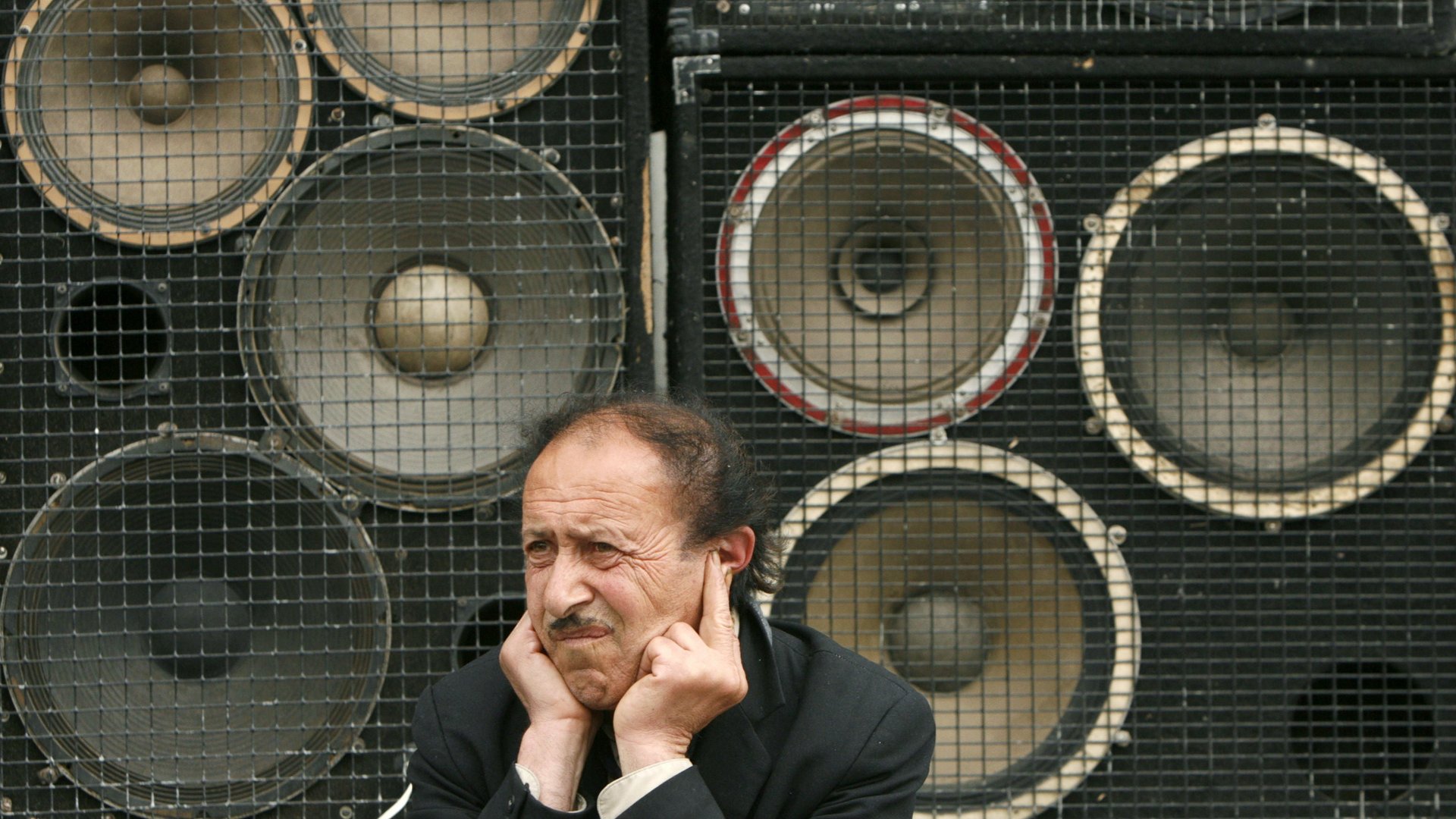Here’s something machines don’t do better than us: listening
While in a few decades virtually all of our jobs could be gone, replaced by incredibly sophisticated machines, humans might not be obsolete just yet. And that’s not because of talents we’ve acquired and honed through millennia. Essentially, we still excel at basic, innate skills—such as listening.


While in a few decades virtually all of our jobs could be gone, replaced by incredibly sophisticated machines, humans might not be obsolete just yet. And that’s not because of talents we’ve acquired and honed through millennia. Essentially, we still excel at basic, innate skills—such as listening.
In a study conducted by Julien Plante-Hébert from the Université de Montreal, people were tested against sound recognition machines to figure out who was able to recognize the speaker more quickly. To measure the accuracy of responses, the researcher created several “voice lineups”—small variations of the same acoustic track. These were not unlike the lineups police use to have a witness identify the suspect of a crime by placing the suspect in a row with other similar looking people.
Plante-Hébert exposed 44 subjects, aged 18 to 65, to the study—starting from one syllable all the way to 18. He found that it was enough for 99.9% humans to hear four or more syllables (merci beaucoup, in this case) to correctly identify the speaker, if he or she was a close friend or family. By comparison, only 92% of machines got it right.
While machines are better than humans at recording the information contained in longer pieces of audio, says Plante-Hébert, humans are unbeatable when it comes to recognizing a voice. Human’s capacity to filter out background noises helps, he adds.
“At birth, babies can already recognize the voice of their mothers and distinguish the sounds of foreign languages,” the researcher said, as he gave scientific weight to the fact that no one listens to you better than those who love you. Not even machines.